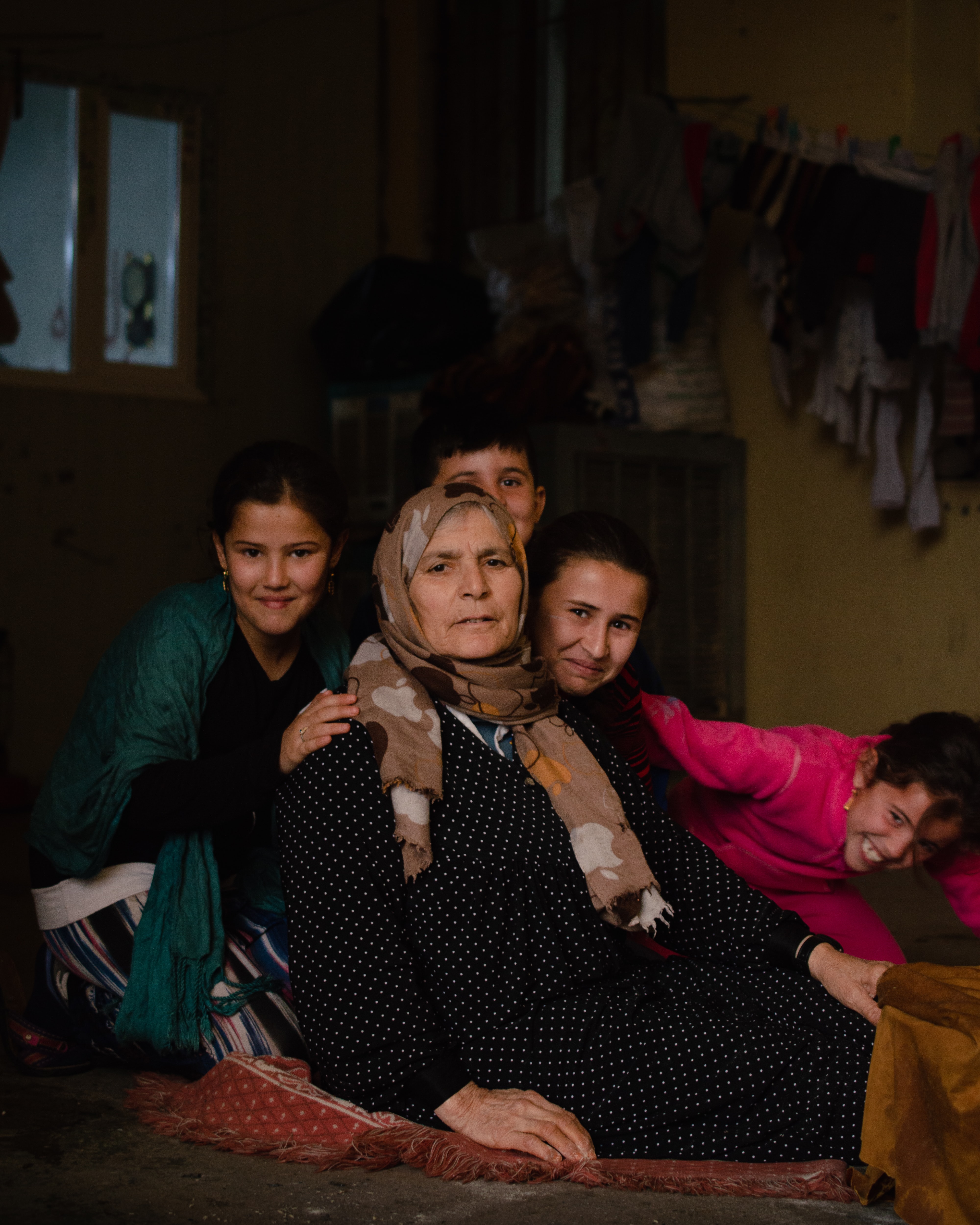Ukraine’s Roma refugees face rejection in Poland; Climate change: 1.5C warming limit close to being broken

Today’s global news summary brings news from Poland, Spain, and the world and discusses issues as diverse as Roma refugee discrimination, climate change, and informal work.
- Poland: Ukraine’s Roma refugees face rejection
- Global news: Climate change: 1.5C warming limit close to being broken
- Spain: Covid-19 is responsible for the decline in informal work
Ukraine’s Roma refugees face rejection in Poland
Migration and ethnicity | Demography, family, and gender
As reported by The Guardian, whilst the majority of Ukranian refugees arriving in Poland have been given a warm welcome, Ukrainian Romany refugees in particular have not only faced “a lack of support but outright discrimination both from relief providers and fellow Ukrainian refugees.” Some Roma women and children have managed to secure places in hostels but many are struggling to find accommodation in order to move on. Talewicz-Kwiatkowska, member of the Roma community, shares that at the beginning of the war many Poles extended gestures of solidarity towards Ukranian refugees but now she is seeing that many Roma are being refused “access to transport and resources offered by the volunteers welcoming refugees at the border.” The prejudice is expressed in many different forms, including chasing Roma away from reception points, accusations of stealing, and turning away people from cars and buses offering transport and support.
IZA World of Labor author Martin Kahanec says that trust needs to be nurtured between Roma and non-Roma populations. In his article he notes that there is a "vicious circle" of segmentation via ill-chosen policies which reinforce negative perceptions. He adds that policy interventions must target whole communities to combat “residential and social segregation that engenders multiple inequalities.”
Related content
IZA World of Labor articles
Roma integration in European labor markets
Opinions
Explainer: why some European countries do more than others to help refugees
Integrating refugees into the labor market
Videos
Integrating refugees into labor markets
Climate change: 1.5C warming limit close to being broken
Migration and ethnicity | Environment
The BBC reports that there is now a “fifty-fifty chance” of crossing a key global warming threshold after the UK Met Office researchers’ new analysis. The findings from the UK’s national meteorological service show that there is a 48% chance the world will warm by more than 1.5C over the next five years and that 2022–2026 will see a record in the earth’s warmest year yet. Only around 1C of warming has already caused last year’s unprecedented wild fires in North America and the drastic heatwaves currently impacting India and Pakistan. Prof Petteri Taalas from the World Meteorological Organization warns that: “For as long as we continue to emit greenhouse gases, temperatures will continue to rise. […] Alongside that, our oceans will continue to become warmer and more acidic, sea ice and glaciers will continue to melt, sea level will continue to rise and our weather will become more extreme.”
Linguère Mously Mbaye, IZA World of Labor contributor, recognizes that climate change and natural disasters are two of the biggest challenges for current and future generations. In her article she points out that whilst natural disasters can occur anywhere, “developing countries are the most vulnerable to their effects.” She warns that in developing countries in particular “international migration due to disasters may be driven by highly educated people, which may foster brain drain in a vulnerable context.”
Related content
IZA World of Labor articles
Climate change, natural disasters, and migration
Climate change and the allocation of time
Does hot weather affect human fertility?
Key topics
Environmental regulation and the labor market
Opinions
How will climate change affect what we do?
IZA Discussion Papers
Reciprocal Climate Negotiators
Why Do Relatively Few Economists Work on Climate Change? A Survey
Covid-19 is responsible for the decline in informal work in Spain
Labor markets and institutions
For decades hundreds of thousands of people in Spain have been working without legal contracts in various sectors, including tourism, agriculture, and construction, and getting their salaries in an envelope, known as “sobre.” However, as discovered by Reuters and reported by Euronews, Covid-19 has forced many Spaniards “out of the shadow economy and into regular employment.” Some of the chief causes include the declining use of cash due to the pandemic but also the increase in worker demand for contracts as those who were working in the shadow economy missed out on furlough payments during lockdowns. “Workers realised being underground doesn’t pay off, even though by paying no taxes or social charges they were earning more,” Gonzalo Fuentes, catering sector representative, said.
Dominik H. Enste says policymakers should view illicit work as a signal of the need to decrease the attractiveness of the shadow economy through better regulation, a fair and transparent tax system, and good governance. In his article, he highlights that “a country-specific analysis of causes and consequences is necessary in order to develop policy measures appropriate to the country’s level of development.”
Related content
IZA World of Labor articles
The shadow economy in industrial countries
Measuring disincentives to formal work
Key topics
The informal economy
Covid-19—Pandemics and the labor market
National responses to Covid-19
Opinions
The shadow economy and the Covid-19 pandemic crisis
IZA Discussion Papers
Employment Subsidies, Informal Economy and Women's Transition into Work in a Depressed Area: Evidence from a Matching Approach
On the Boundaries of the Shadow Economy: An Empirical Investigation